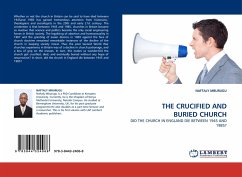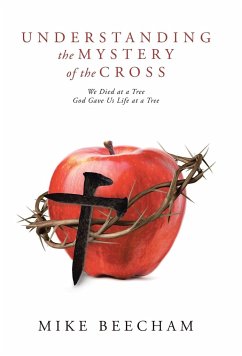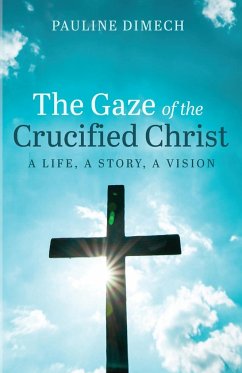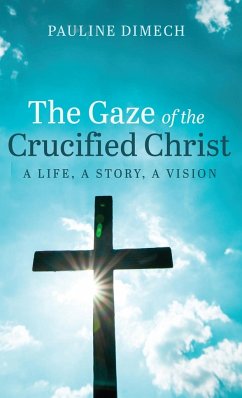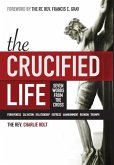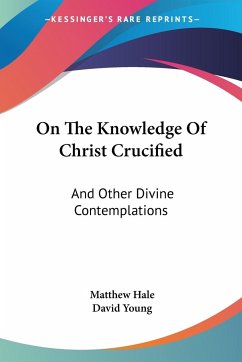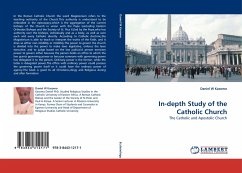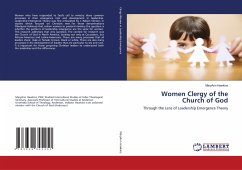Whether or not the church in Britain can be said to have died between 1945and 1985 has gained tremendous attention from historians,' theologians and sociologists in the 20th and early 21st century. The contention is that between 1945 and 1985, churches in Britain became so inactive that science and politics became the only social engineering forces in British society. The legalising of abortion and homosexuality in 1967 and the granting of easier divorce in 1969 against the face of church doctrine remained remarkable instances of the decline of the church in keeping society moral. Thus the post Second World War churches experience in Britain was of a decline in church patronage, and a loss of grip on the masses. In turn, this makes us wonder:Did the church got crucified, died, and eventually buried without any hope of resurrection? In short, did the church in England die between 1945 and 1985?
Bitte wählen Sie Ihr Anliegen aus.
Rechnungen
Retourenschein anfordern
Bestellstatus
Storno

